
Paris Commune, 1871: citizens wait for shooting to stop.
I live in San Francisco’s Mission District, going back to 1987. It’s a neighborhood undergoing intense gentrification, even with the current economic and housing crises. Sometimes I think with all the cafes and bars and trendy new galleries and boutiques that we’re sliding towards becoming a Greenwich Village.
There are different populations living here, among each other and side by side, but for the most part we don’t overlap or intersect that much. I’m basically invisibile when I walk past young Latino drug dealers on a nearby corner. They don’t see me (I’m not a customer) and I don’t see them (eye contact can lead to dangerous encounters, I learned growing up in Chicago and Oakland as a kid). Similarly, chronic alcoholic homeless men roll past my building all day, sometimes cajoling a buck out of me, but mostly not seeing me as I don’t see them. A few blocks away a modern-day “shape-up” goes on all day every day, where hundreds of mostly undocumented immigrant men stand on Cesar Chavez Blvd. hoping to be selected for some short-term day labor.
My partner Adriana has recently been going out to interview some of these day laborers, and also started a similar process with some of the “homeys” on the corner. Suddenly the boundaries of invisibility start to crumble. The individual lives, the specific voices, thoughts, and motivations of what were generic humans come into focus, no longer easy to ignore. The stories are unique, compelling, sometimes hard to believe. As Adriana is writing about this herself, I cannot divulge much, but yesterday she met some of the kids on the corner (they’re probably 18 or 19 at least) and they described themselves as “norteños,” those from Northern California, and they defend the campesinos, they are “Cesar Chavez’s bodyguards,” and as soldiers, when they’re doing time, their elders command them to learn their histories. Who knew? Fascinating that the local corner’s drug dealing crew see themselves in a politicized lineage that is almost overtly left-wing.
Along with learning about the immigrants and their harrowing stories of crossing the U.S. border dozens of times, the corpses and cops, we’ve also gotten hooked on “The Wire.” I had a lot of folks tell me about this TV series and I watched the first episode a year ago or so, and thought, “ugh, I hate cops-and-thugs-and-heroin stories. No way!” So it took me a while to try it again, and knowing what the first show was like I braced myself, went through it, on to the 2nd and 3rd episodes, and before I knew it I was hooked too. “The Wire” is hands-down the sharpest, most detailed and humanistic look at the reality of decaying American city life I’ve seen. It portrays Baltimore, Maryland, a city far from its glory days of the late 19th and early 20th centuries. Drug-dealing gangsters vie for housing project turf, cops bust heads to build stats, political grandstanding destroys morale in the police department while undercutting it from within, corrupt politicians compete for payouts and real estate deals, dockworkers in an obsolete port sell their integrity to try to save their industry, one police commander unilaterally experiments with quasi-legalization with remarkable success only to be cashiered himself, and on and on, over the seasons. It reminds me a lot of the remarkable Oakland-based novels “Way Past Cool” and “Six Out Seven” by Jess Mowry, other works that capture the incredible humanity and resilience of people in the most dire circumstances, the humor and love that can and does hold people together against large odds. In both portrayals, too, the finely tuned language, the street slang, is one of the enduring triumphs of the writers. To hear and reproduce such clever and innovative twists and turns in the daily slang of the street is no small accomplishment.
Ultimately The Wire is a soap opera of course, but with great, complex, unpredictable characters, fantastic casting, and brilliant scriptwriting. But more than all that, watching it has changed how I see people in my neighborhood. Suddenly everyone is potentially a fascinating story, a complex individual with multiple overlapping interests and conflicts and confusions. Just like me and all my friends! It’s always been so, but part of the grind of daily life in America, and the incredible self-segregation that we’re all so good at reproducing, is to lose sight of that” to not see people in their own depth and complexity, to reduce them to simple categories, to ciphers easy to remain disconnected from and fundamentally indifferent to.

"Vengereuses" in Paris, May 27, 1871, from Frank Leslie's Illustrated Newspaper
Similarly, the police are easy to dismiss as uniformed thugs of the status quo, people who are so deluded and politically reactionary that they’re willing to be the enforcers of this crazily unjust society. And for sure, sometimes that’s what they are. But after watching The Wire, and gaining a greater appreciation for the many different ways of handling police work, even recognizing that there are cases (like wife-beating, child abuse, etc.) that require some kind of forceful intervention to defend the victims, I look at cops differently now.
I was already talking about this in the context of my Nowtopia talks, that someday if we succeed at building this new way of life, it will eventually become a threat to those who believe in and benefit from the way things are. My story has taken the form of a fractured fairy tale, the Tortoise and the Gangster. We Nowtopians are rather slow-moving, taking our plodding steps day after day towards a new way of living, and doing our best to maintain radical patience. The world changes, history moves, but at unpredictable times, and sometimes a sudden lurch is sideways or backwards as likely as “forwards” toward a better future. We have to keep going in the face of history’s intractable pace. But our contest is not with the Hare, the speedy racer who runs circles around us. No, our opposition is the Gangster, the criminals (and their syndicates, and most crucially, the logic of their violent, authoritarian behavior) who run governments and corporations, and when threatened do not hesitate to kill, even on a grand scale, to maintain their power. Someday, if we succeed at opening enough space outside of Capital, outside of money, they will come to kill us.
At that point it will be vitally important that we have human relationships with individual police and military that makes it conceivable that they will refuse to shoot, they will refuse to repress, and they will even join us in resisting the Stupid World as it tries to save itself from the Smart Life we’re trying to create, a world in which everyone has what they want and need, and no one has to suffer from the stupidities and cruelty that dominate the world as we know it. And this Smart Life has to welcome everyone, especially the folks who we live amidst but so easily don’t see, and in welcoming everyone our own ideas of what the Smart Life looks and feels like will have to show some flexibility too”¦


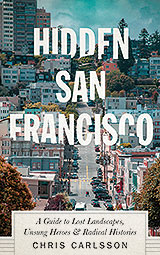
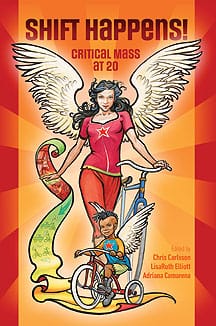
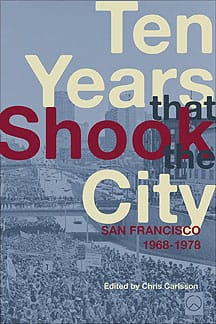
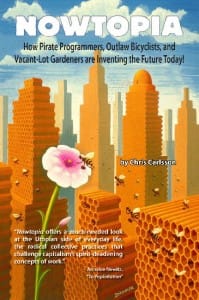
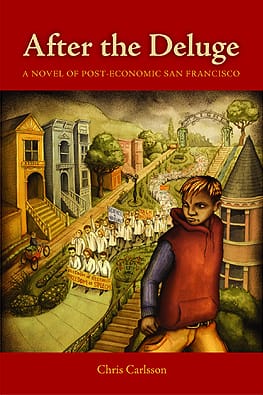
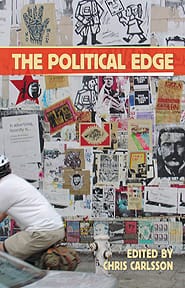
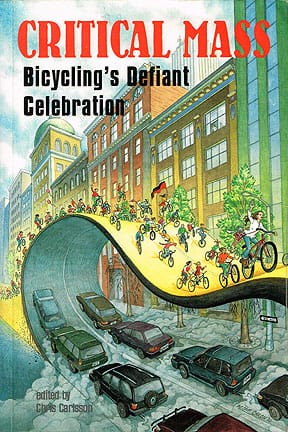
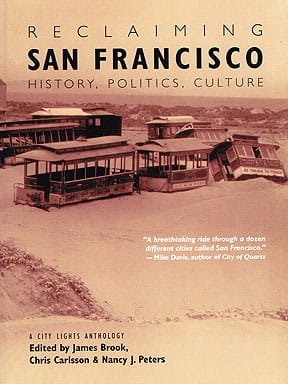
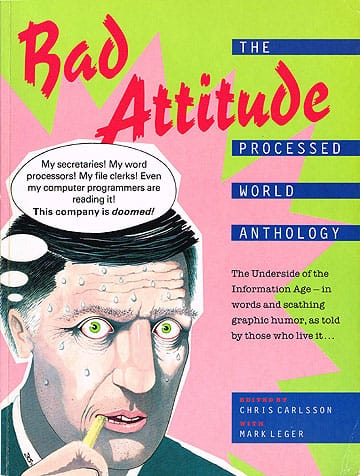

Thanks for that Chris. Been thinking a lot about this in the wake of all the recent shootings or taserings of unarmed people in the East Bay (Parnell Smith and Brownie Polk in Oakland, Michael Williams in Albany, the white guy at the A’s game, etc.).  In some of the meetings I’ve been to, people consider Lovelle Mixon’s desperate acts to be “payback,” “evening the score,” etc.  This is obviously a problem but very difficult to deal with across racial or ideological lines.  It’s hard to think of cops as anything but willfully ignorant at the least, fascist at worst.  The mayor of Oakland just wangled millions in federal bailout money and it’s all going to shore up the OPD.  Similarly, when the bank decides to foreclose, it’s the sheriff that comes to evict.  It just  seems that their collusion with the ruling class is so obvious and irreconcilable…it makes one long for examples of cops switching sides after some shock of enlightenment, along the lines of Smedley Butler or the French National Guard who gave up their rifles to the Communards. We need these kinds of stories to feed whatever hope we have of them “joining us.”  Fear of their guns and fear of prison only pushes people the other way, or into some kind of resentful passivity.  I look forward to the fruits of Adriana’s research.  Maybe one of the questions she’ll ask is: “what do we do about the cops?”